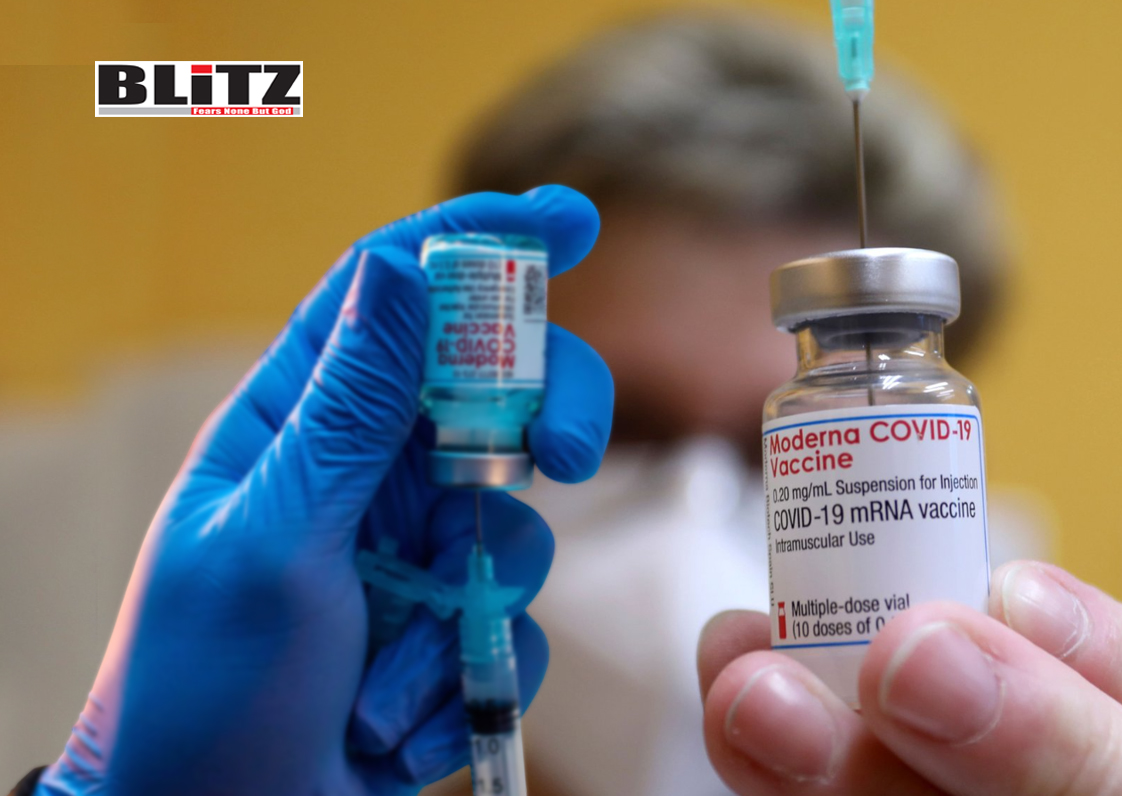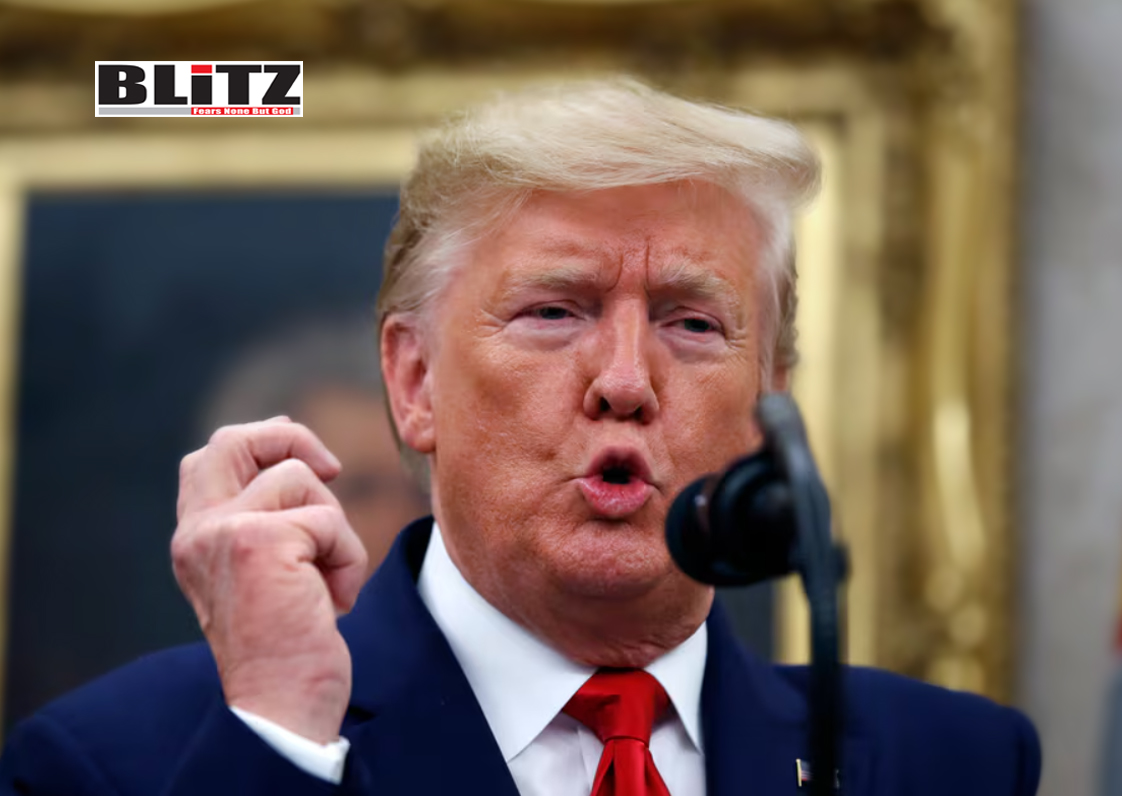Moderna faces potential UK suspension over recruitment of children for COVID-19 trials
- Update Time : Tuesday, April 29, 2025

US pharmaceutical giant Moderna is under serious scrutiny in the United Kingdom after allegations emerged that the company offered cash payments and gifts to children to participate in COVID-19 booster trials. According to The Telegraph, Moderna’s practices have led to multiple breaches of the UK’s pharmaceutical industry code, resulting in significant fines and the looming threat of suspension or expulsion from a key industry body.
The Association of the British Pharmaceutical Industry (ABPI), which Moderna joined only in 2023, has launched a formal audit into the company’s conduct. A decision on possible disciplinary action is expected within days. Should Moderna face suspension, it would be only the tenth company in 40 years to suffer such a penalty from the ABPI-a stark indication of the severity of the allegations.
At the heart of the controversy are incentives offered to minors, including large cash payments and promotional gifts, such as teddy bears and certificates, intended to entice participation in clinical trials for Moderna’s updated COVID-19 vaccine, Spikevax.
The United Kingdom’s Prescription Medicines Code of Practice Authority (PMCPA), which oversees ethical standards for drug companies, sharply criticized Moderna’s recruitment tactics. The PMCPA found that the company had initially offered payments of £1,500 ($1,872) to underage participants in the NextCOVE COVID-19 booster study through informal channels like WhatsApp messages. Although the amount was eventually reduced to £185 ($231), the original figure remained in circulation at certain recruitment sites.
The watchdog ruled that the payment was “much higher than would be considered a reasonable reimbursement” and concluded that such offers not only discredited Moderna but also harmed the broader pharmaceutical industry’s reputation. In October 2024, Moderna was fined £14,000 ($17,850) over these practices.
In a separate but related case, Moderna was fined an additional £44,000 ($56,000) after it was found that advertisements aimed at children as young as 12 years old had promised “a lovely certificate and a ‘be part of the research’ teddy bear” to those who enrolled. These ads were published by Bradford Teaching Hospitals NHS Foundation Trust and promoted online, further compounding concerns about the ethics of recruiting minors through emotional and material incentives.
Beyond the inappropriate inducements, the PMCPA found that Moderna had failed to promptly and transparently address the breaches. While Moderna claimed that it had taken action as soon as it was notified in January 2024, internal evidence revealed that executives had been made aware of the problems as early as August 2023 following a report from the campaign group UsForThem.
This apparent attempt to mislead regulators exacerbated the seriousness of the situation. The PMCPA described Moderna’s conduct as “unacceptable” and accused the company of damaging the credibility of an industry already facing skepticism in some quarters due to pandemic-era controversies.
In another worrying revelation, a senior Moderna employee reportedly co-authored promotional articles alongside former UK Vaccines Minister Nadhim Zahawi without disclosing his affiliation with the company. Additionally, promotional tweets were sent out without revealing the sender’s connection to Moderna-clear violations of transparency requirements for pharmaceutical marketing.
Molly Kingsley, founder of UsForThem, did not mince words when commenting on the scandal. She stated that the findings “laid bare just how little regard Moderna has had for the regulatory system that was supposed to keep it honest” and demonstrated “how readily they put profit ahead of the health and safety of children.”
These latest revelations pose a significant reputational risk for Moderna, a company that gained global prominence during the COVID-19 pandemic but has been dogged by criticism over its pricing practices and handling of vaccine data.
If Moderna is suspended from the ABPI, it would face not only reputational damage but also potential barriers to collaboration with hospitals, universities, and government health bodies in the UK. Expulsion would represent a dramatic fall from grace and a major setback in one of the world’s most important pharmaceutical markets.
The controversy has also reignited public debate over the ethics of COVID-19 vaccination campaigns targeting minors. While health authorities, including the UK’s Medicines and Healthcare products Regulatory Agency (MHRA), maintain that vaccines like Spikevax are safe and effective for younger age groups, side effects-including rare cases of myocarditis (inflammation of the heart muscle) and pericarditis (inflammation of the heart lining)-have been documented.
Typical side effects of COVID-19 vaccines in minors also include pain at the injection site, fatigue, headache, and fever. Although serious adverse events are rare, they remain a critical factor in discussions about the ethics of recruiting young participants for clinical trials-especially when high financial incentives are offered.
Campaign groups like UsForThem have been vocal critics of what they describe as a “rush to vaccinate” children against COVID-19, arguing that long-term risks are still poorly understood and that recruitment efforts should prioritize informed consent rather than inducements.
Moderna’s predicament serves as a stark reminder that public trust in pharmaceutical companies is fragile and must be earned through scrupulous adherence to ethical standards. During the pandemic, the urgency to develop and distribute vaccines led to the relaxation of certain regulatory requirements under emergency-use authorizations. However, as life returns to normal, watchdogs and the public are demanding higher accountability.
For Moderna, the coming days will be critical. A suspension or expulsion by the ABPI would not only affect its operations in Britain but could also reverberate globally, prompting closer scrutiny by regulators in other countries.
The biotech giant’s response-and its willingness to accept responsibility and reform its practices-will determine whether it can restore public confidence or whether this scandal will mark the beginning of a broader decline in its reputation.

Jihadis have a global Islamist network that collaborate with left-wing radicals to spread false narratives – Dr Michael Barak












Leave a Reply